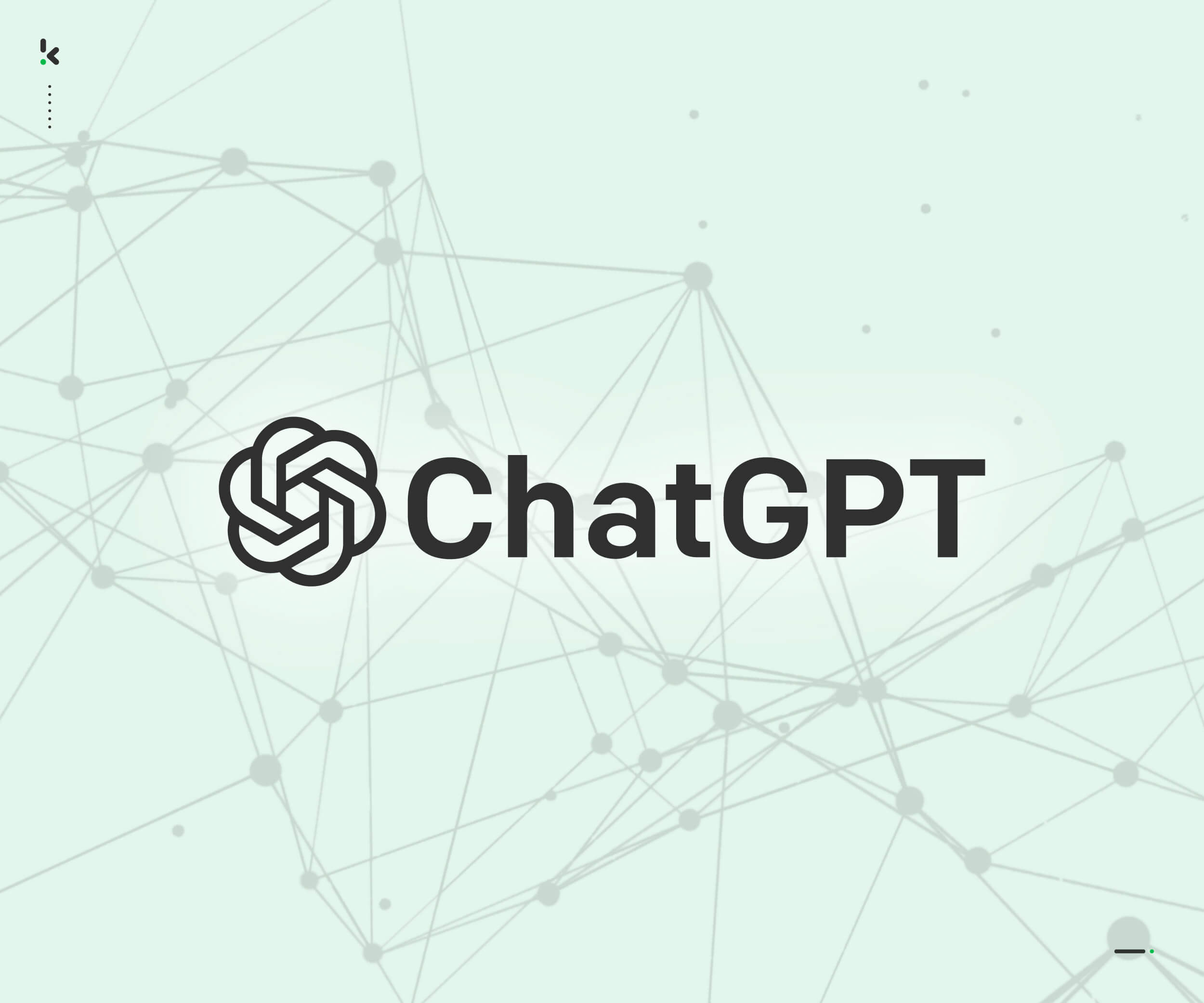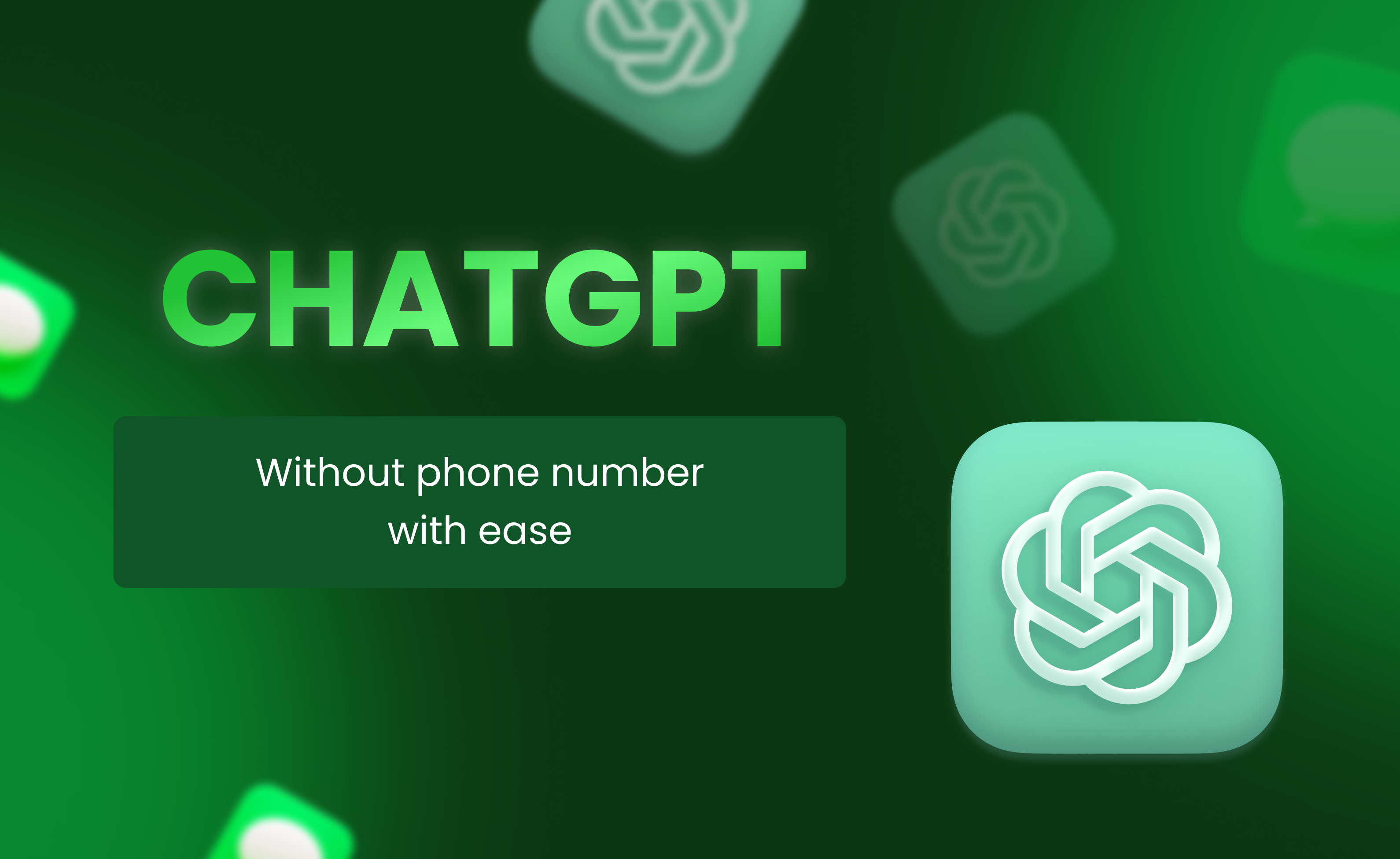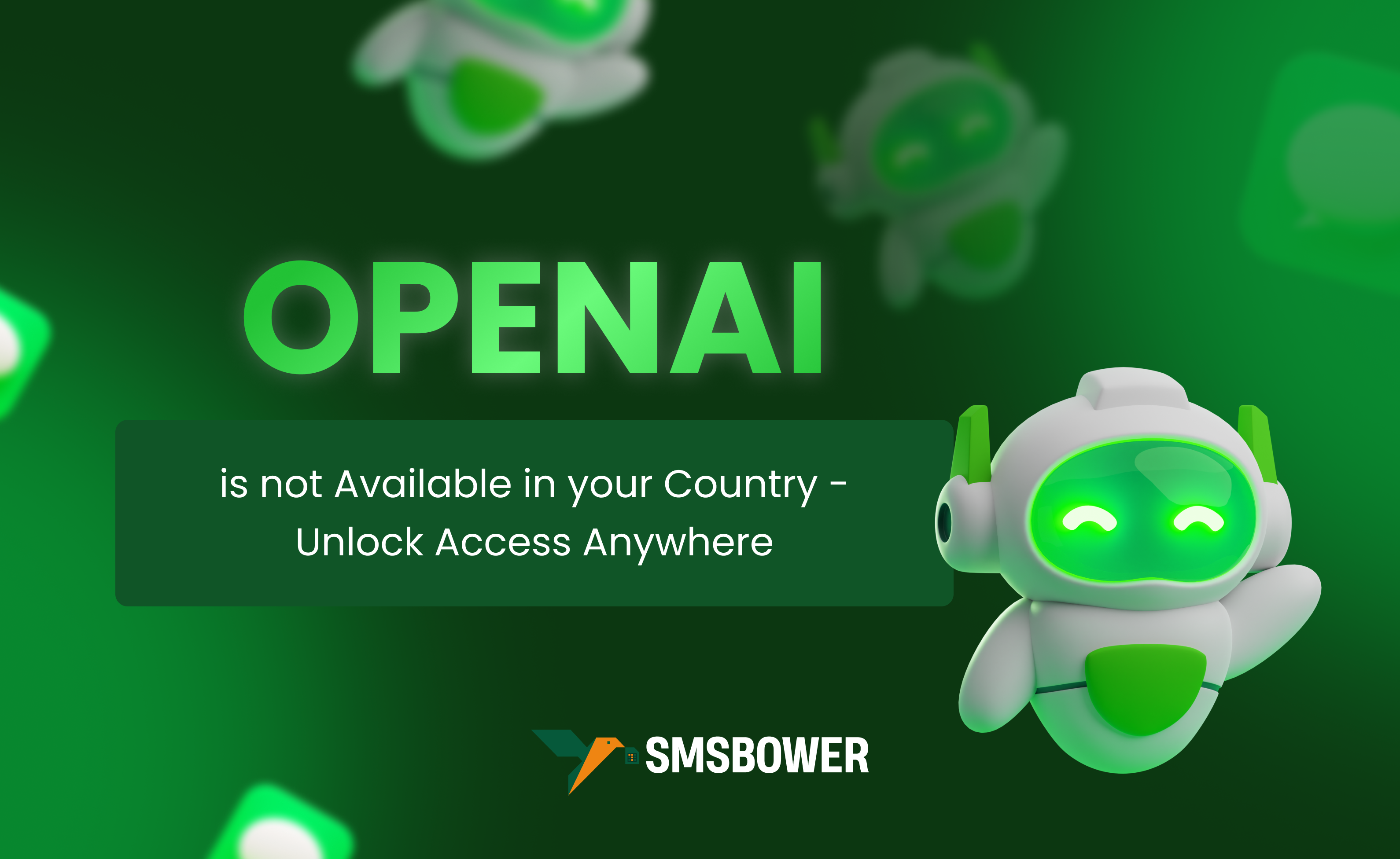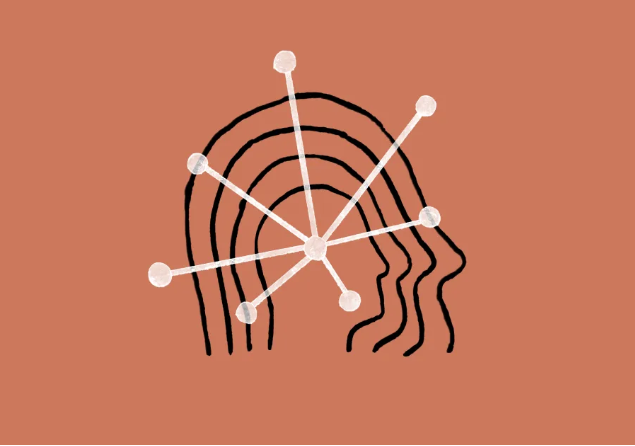Chat Generative Pre-trained Transformer (GPT) is a language model that employs artificial intelligence to generate human-like responses to user queries. It is a powerful tool that can provide users with quick and efficient answers to their questions.
In this comprehensive guide, we will explore what ChatGPT is and how it works. We will also look at the various applications of ChatGPT and how it can be used in a range of industries, from customer service to mental health support.
What Is ChatGPT?
Created by OpenAI, ChatGPT is a large language model empowered by massive amounts of text data. It generates responses based on user input using machine learning algorithms.
ChatGPT can respond to factual, subjective, and open-ended questions, and its responses are frequently indistinguishable from human responses. The tool can also make recommendations, translate languages, summarize texts, and more.
How It Works?
ChatGPT operates through an advanced technology called natural language processing (NLP). NLP is a subfield of artificial intelligence (AI) that deals with the interaction between humans and computers. By using NLP, ChatGPT is able to understand and interpret human language, allowing it to provide human-like responses to user queries with remarkable accuracy and efficiency.
ChatGPT relies on a vast amount of text data to function. The tool continually consumes and processes vast quantities of text content, including books, articles, and other written materials. This process enables it to recognize language patterns and acquire an in-depth understanding of the nuances of human language.
When a user inputs a query, ChatGPT leverages its knowledge of human language and training data to generate an accurate response. Generally, the more detailed and specific the question is, the more likely the response will be informative and insightful.
What Can It Be Used for?
ChatGPT is a versatile tool that can be used for a wide range of purposes. Below are some of the most common uses of the tool:
- Finding Information: It can be used to quickly provide answers to factual questions. For example, if you want to know what the capital of France is, simply type in your query and ChatGPT will generate a response.
- Completing Tasks: It can help you with tasks like scheduling appointments, setting reminders, or making reservations. Simply tell ChatGPT what you need, and it will generate a response that helps you complete the task.
- Providing Recommendations: This AI can provide recommendations for products, services, or places to visit based on your preferences and past behavior. For example, if you are looking for a new restaurant to try, ChatGPT can recommend a few based on your favorite cuisine, location, and price range.
- Translation: ChatGPT can translate text from one language to another, making it a useful tool for communication and research. For example, if you need to translate an article written in French to English, it's easy with this AI.
- Summarization: it can summarize long texts or articles, providing you with the key points and takeaways. This is particularly useful if you don't have the time to read a lengthy article or want to quickly get the gist of a particular topic.
- Customer Service: This tool can be used to provide customer support through chat-bots. This can help businesses save time and money by automating common support queries.
- Personal Assistance: ChatGPT can act as a virtual assistant, helping you manage your schedule, set reminders, and perform other administrative tasks. For example, if you want to schedule a meeting with someone, ChatGPT can help you find a time that works for both of you and send out an invitation.
- Creative Writing: This Ai can generate text that can be used for creative writing, such as short stories, poetry, and even song lyrics. Simply give ChatGPT a prompt, and it will generate a response that can help kickstart your creative process.
- Educational Assistance: This tool can be used to help students with their homework, research projects, and other educational tasks. For example, if you are working on a research paper and need to find relevant sources, ChatGPT can help you locate them.
- Mental Health Support: The AI can be programmed to provide support for individuals with mental health issues. This can help provide accessible and affordable support to those who may not have access to traditional therapy.
- Personal Development: ChatGPT can be programmed to provide motivational messages, daily affirmations, and other personal development tools. For example, if you are trying to develop a new habit, ChatGPT can provide you with daily reminders and encouragement.
- Research Assistance: It can help researchers find and synthesize information from a variety of sources, helping them to save time and effort.
How to Use ChatGPT?
Using ChatGPT is easy and straightforward. The tool is available through its webpage, API, or pre-built applications. To use it, simply type in a question or query and ChatGPT will generate a response in seconds.
Here are some additional tips for using ChatGPT:
- Be specific: The more specific your query is, the better the response will be. Instead of asking a broad question, try to narrow it down as much as possible.
- Use clear language: ChatGPT is best at understanding clear, straightforward language. Avoid using complex or convoluted language, as this may confuse the tool.
- Use context: ChatGPT works best when it has context. If you are asking a question about a specific topic, provide some context to help ChatGPT understand what you are asking.
- Ask follow-up questions: If you are not satisfied with ChatGPT's initial response, try asking follow-up questions. This may help to clarify your query and improve the quality of the response.
How to Register an OpenAI Account Without a Phone Number?
Want to join OpenAI but don't feel like handing over your phone number? SMSBower got you covered! While phone verification is required for OpenAI signup, not everyone is comfortable sharing their private data or may not have a phone number available. However, there is a solution — virtual phone numbers.
Virtual phone numbers are short-term phone numbers that can be used to verify accounts. They can be purchased from specific websites and are frequently used for other services that require phone verification, such as PayPal, Discord or Tinder. As well as they can be used to validate your OpenAI account.
Our website provides low-cost virtual phone numbers for a variety of services and countries. We have a large selection of numbers to choose from, and our service is quick, dependable, and simple to use. If you have any questions or encounter any difficulties, please contact our customer service.
To register an OpenAI account using a virtual phone number, just follow these steps:
- Sign up and select the virtual phone number option for OpenAI account verification.
- Pick the phone number that suits you best and choose the country.
- Use the virtual phone number to create your OpenAI account.
- Verify your OpenAI account with the virtual phone number you were provided.
Wrapping Up
ChatGPT is a modern tool that can assist you in getting answers, completing tasks quickly and effectively, and receiving recommendations on the fly. ChatGPT can help you find information or simply save time and energy, which is especially useful if you spend a lot of time online.
By registering for an OpenAI account, you will gain access to more advanced features and tailored recommendations. If you don't have a phone number, virtual phone numbers are a great option for OpenAI account verification.
Overall, ChatGPT exemplifies the power of AI and how it can improve our lives. It's an interesting thought to consider what the future holds and how these types of tools will evolve and improve over time.



